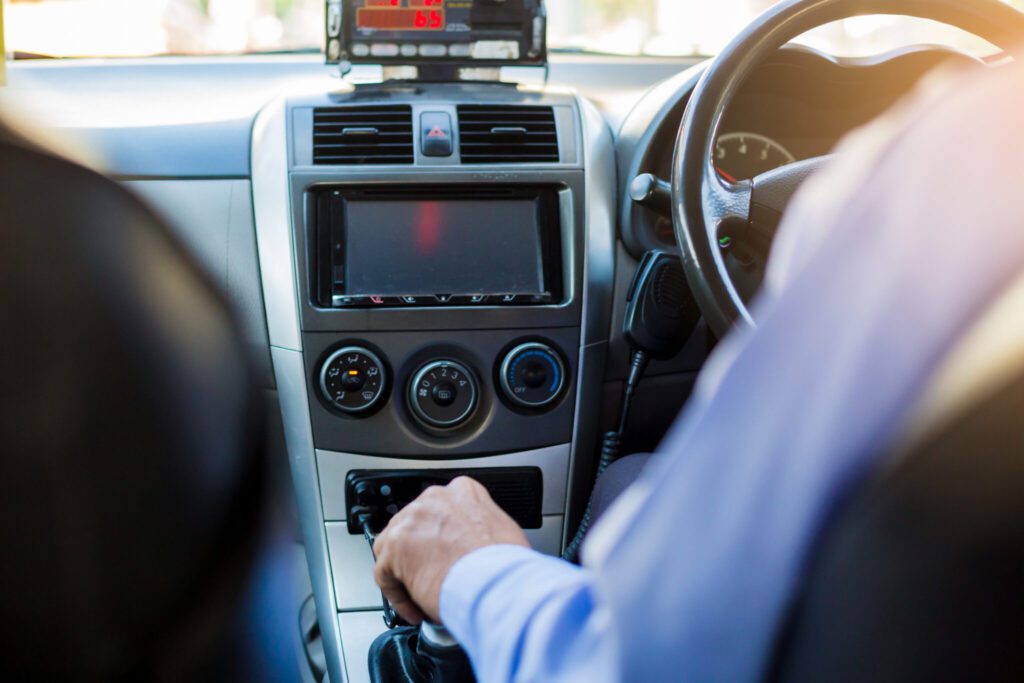Taxi drivers call for fares to rise

Taxi drivers are calling for fares to increase by almost 20% to help them battle the ongoing cost-of-living crisis and rising fuel prices.
Watford Borough Council is considering responses to a consultation after Watford Hackney Carriage Drivers’ Association asked it to raise the current tariff by 19%.
And the increase – the first since 2017 – would be welcomed by taxi drivers, especially as fuel and other inflationary prices seem to rise overnight, while rises in fares take weeks, months or even years to be brought in.
The RAC’s Fuel Watch found that drivers are paying 20p per litre more for diesel than petrol, with diesel costing 168p a litre, compared to just 148p for unleaded at the end of February. This is despite there being little difference between the two fuels on the wholesale market, the RAC said.
RAC fuel spokesman Simon Williams said: “While our data shows petrol is generally being sold at a fair price at forecourts at the moment, drivers of the country’s 12m diesel cars – as well as almost every white van driver – have every right to feel hard done by as they’re paying a huge premium for the fuel which in no way reflects its lower wholesale cost.
“For nearly a month, the gap between wholesale petrol and diesel prices has been less than 10p a litre and in recent days it has reduced to just 3.5p, yet average diesel prices at the pumps remain stubbornly high having fallen by only 2p since the start of February. The fact membership-only retailer Costco has been able to cut the average price of a litre of diesel by a massive 4p this week shows what’s possible, but we badly need other fuel retailers to treat drivers of diesel vehicles fairly.
“Even though the price of diesel is not being cut as quickly as it should be, the gap between the average prices of petrol and diesel has dropped to under 20p (19.99p) for the first time since October 10, 2022. If retailers now do the right thing this should reduce significantly, saving drivers who rely on diesel a lot of money every time they fill up.”
As well as helping cover the increasing cost of keeping taxis on the roads – which includes taxi insurance and vehicle excise duty as well as servicing and maintenance – the increase will also help taxi drivers deal with the cost-of-living crisis.
Cllr Richard Wenham, chairman of the Licensing Committee, told TaxiPoint: “The council recognizes the significant impact that the cost-of-living crisis is having on individuals and families, which prompted us to declare a state of emergency on this issue. However, we also acknowledge that the taxi industry and its drivers are similarly affected by this crisis.
“In response, the taxi trade has formally requested that the council conduct a comprehensive consultation on the taxi tariff. The council is committed to considering the perspectives and feedback of all stakeholders, and as such, we encourage members of the public to voice their opinions. By conducting this consultation, the council will be better equipped to make an informed decision when reviewing the taxi tariff.”
It is hoped the 19% increase will not only help taxi drivers cover their costs, but also to earn a decent living.






